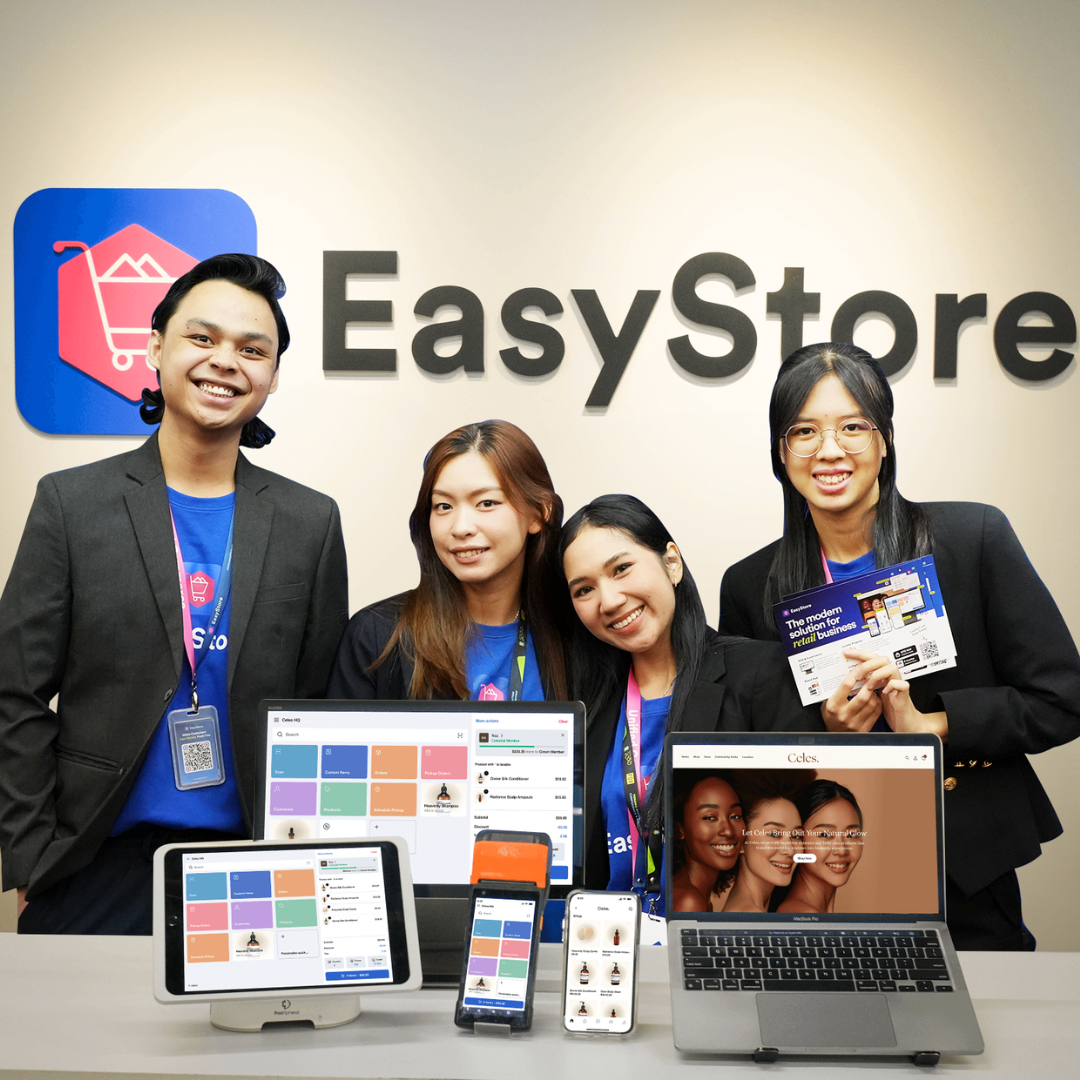How a Strong Delivery Strategy Can Boost Your E-Commerce Sales
By Cheryl Hearts · 13th April, 2020

This blog was updated on 22 April 2025, for more information connect with our team: https://www.easystore.co/contact
How a Strong Delivery Strategy Can Boost Your E-Commerce Sales
Many online sellers underestimate the impact of a well-planned delivery strategy.
Often overlooked, it can be the difference between making a one-off sale and building long-term customer loyalty.
At its core, a delivery strategy covers the processes involved in getting purchased products to customers.
But in today’s e-commerce landscape, it goes beyond logistics — it also includes the entire pre-purchase experience: how products are presented, advertised, and delivered.
When your delivery strategy prioritizes customer needs and preferences, the chances of repeat purchases increase significantly.
In an era where fast delivery from services like Amazon Prime has set new expectations, customers expect not just reliability — but speed and flexibility.
Why a Customer-Focused Delivery Strategy Matters
1. Builds Brand Loyalty
A customer-first delivery experience creates a sense of trust and connection with your brand. Customers who feel valued are far more likely to stick with you, even through challenges or price increases.
If customers sense they’re just another transaction, they’ll leave at the first sign of inconvenience.
2. Increases Repeat Purchases
A smooth, satisfying delivery experience makes customers more likely to return. If the process is seamless the first time, they'll come back expecting the same — and tell others about it.
Positive delivery experiences turn customers into brand advocates, driving referrals and boosting your online visibility.
3. Boosts Website Conversion Rates
An optimized delivery strategy can improve your website's conversion rates. A confusing, inconvenient checkout and delivery process often results in abandoned carts.
A streamlined, customer-friendly experience encourages visitors to complete their purchases and come back for more.
Delivery strategy isn’t just about logistics — it involves website design, product presentation, checkout process, and how well delivery options match customer expectations.
Every step should remove friction, making it easy for customers to complete purchases and receive their orders quickly.

What Delivery Strategies Should You Consider?
Your delivery strategy should reflect your customers’ preferences. Generally, a balance between speed and variety is essential. Here are some key areas to focus on:
1. Pricing Strategies
Pricing plays a crucial role in delivery decisions. Typically, the faster a customer wants a product delivered, the higher the delivery cost. There are two common approaches:
Build delivery costs into product pricing and offer free delivery.
Use flat-rate pricing, with additional charges for express or priority delivery options.
Experiment with what works for your audience based on your product type, customer base, and competition.
2. Tracking and Delivery Add-Ons
Customers appreciate control and transparency over their orders. Adding features like:
Real-time delivery tracking
Delivery time selection options
SMS or email delivery updates
… can significantly enhance customer satisfaction. While these features may incur extra costs, they increase perceived value and customer confidence.
3. Subscription-Based Delivery Perks
Consider offering a subscription model that includes benefits like next-day delivery, order tracking, and exclusive promotions.
Similar to services like Amazon Prime, a subscription model creates loyalty and ensures repeat business.
Present the subscription offer during checkout to make it feel like a natural and valuable add-on.

4. Flexible Returns Policies
A generous, hassle-free returns policy can remove purchase hesitation and encourage conversions. Customers are far more likely to buy when they know they can easily return an item that doesn't meet expectations.
Some sellers worry about the risks, but research shows the opposite.
A survey by Klarna revealed that three-quarters of UK shoppers are more likely to buy from stores offering easy returns. Long-term, this builds trust and strengthens your brand.
Implementing returns may have challenges, such as managing logistics and costs.
A simple, clear returns process — ideally allowing returns to a physical address or via pick-up — benefits both customers and sellers by reducing friction and building loyalty.
Final Thoughts
Your delivery strategy can have a major impact on your e-commerce business. It influences customer satisfaction, brand perception, conversion rates, and repeat purchases.
By focusing on customer needs — offering flexible options, fast delivery, transparent tracking, and fair returns — you position your business to grow sustainably in an increasingly competitive online market.
Take time to craft a thoughtful, customer-focused delivery strategy, and you’ll see the results reflected in your sales and long-term customer relationships.
BioCheryl Hearts is a writer and journalist from Boston, Massachusetts. Her passion for writing started early and evolved through her school years. After earning a degree in Journalism, Cheryl created her blog Single Hearts, where she covers topics that matter to today’s readers.
Make Customers Love Buying From You
EasyStore empowers your brand to prioritize customers and enhance their experience, creating a unified customer experience (UCX) that makes customers love buying from you.
Over 50,000 brands have grown their businesses by embracing unified customer experiences (UCX) strategy through EasyStore across multiple sales channels - online store, retail outlets, marketplaces, and social media, ensuring consistency in product and service offerings for a seamless shopping journey.
Embrace UCX and redefine your business success today
Discover how UCX can elevate your customer engagement with a truly unified journey for your customers, streamline operations, and drive growth across all channels.
Contact UsLatest articles
-

Getting Started with EasyStore
By EasyStore Team · 26th May, 2025
-

May 2025 Product Updates
By Cavan Koh · 5th May, 2025
-

April 2025 Product Updates
By Cavan Koh · 13th Apr, 2025
-

March 2025 Product Updates
By Cavan Koh · 9th Mar, 2025
-

How These Retailers Use UCX to Prepare for Ramadan—and Keep Customers Coming Back
By Frost Chen, Poh Sook Yan · 2nd Mar, 2025
-

EasyStore and Partners Sign MoU to Empower 1,000 SMEs with Unified Commerce Solutions
By EasyStore Press · 26th Feb, 2025